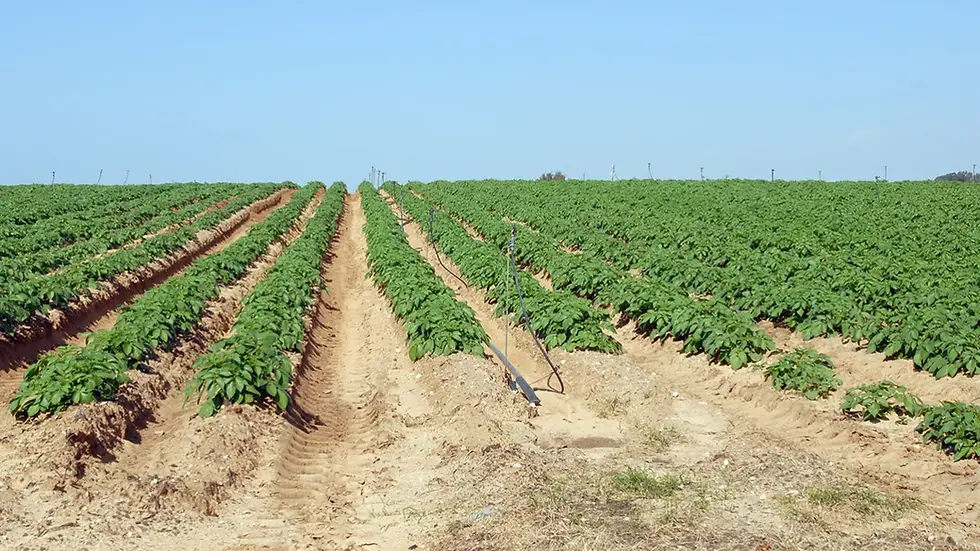An Answer to What Ails Our Society
- Rabbi Amy Eilberg
- Mar 29, 2019
- 3 min read

Still aching from the horror of the massacre at the mosques in New Zealand, I found myself at a remarkable gathering last week. It was not a healing service, not addressed at pain over a specific assault on human dignity. Rather, it was a suggestion for how people could actually unite around the goal of creating a more just and loving California, in the spirit of Martin Luther King’s “Beloved Community.”
The “Belong” Symposium on March 21st-23rd, created by PICO California, was the official launch of the “Belong Movement,” offering a way for thousands of Californians to gather in community, create relationship across differences of religion, race, and class, and become a powerful force for good in our state.
Entering the conference space, it was immediately clear that white, economically privileged people like myself were in the minority, and intentionally so. There was tremendous excitement in the air, as old friends and new friends reached across difference in exploring a way of organizing people that could lead to new relationships and shared work on long-standing social injustices.
In one small group experience, I was the only non-Spanish speaker at the table. Instead of being the person speaking the “normative” language, translation into English was offered to facilitate myfull participation. In another small group, in which we introduced ourselves to one another by describing aspects of our experiences growing up, it seemed that my level of economic privilege was the outlier in the group. This felt a little awkward – a benign version of the “otherness” that poor people and people of color regularly feel in American society – and I was lovingly welcomed and included, despite my being obviously “different.”
In those conversations with people different from those I generally walk through life with, some very moving connections developed. A Palestinian man (who, as it turns out, was at the conference as a presenter about his peace-building project in Bethlehem), sat across the table from me. He began to speak to me in Hebrew, and we instantly bonded over our shared love of peace work. A young African-American woman, who hinted at her very difficult childhood, listened to my story and asked astute questions, leading us to bond as sister clergywomen. A Latino man across the table asked if I could answer a few of his caring and curious questions about Israel.
After the formal session, he found a translator to help us, and he asked deep and wide-ranging questions, from a place of deep curiosity and desire to learn about multiple perspectives on the conflict. The translator herself was drawn into the deeply engaged and loving discussion of normally contentious issues.
My heart leapt with joy as we were introduced to the “Belong” methodology, soon to be rolled out to community organizers and community organizations around California. We were led to envision hundreds (or thousands?) of people, trained in the methodology, convening “Belong Circles” of 10 people each, encompassing religious, racial, and economic diversity. Each circle would meet for four sessions, during which time we would learn about one another’s lives, create community together, explore issues of social injustice and envision how we could join hands to address them.
Most importantly, those thousands of people would be weaving a new fabric of community, the very opposite of the all-too-common segregated lifestyle that too many of us live. We would come to know one another and care about one another, learn what enlivens and hurts the other, and together imagine a different way.
Our times are defined by polarization and social segregation, and sometimes hate and violence. Yet I believe that there is more love and caring in the world than hatred and hostility. The Belong project speaks to my soul’s yearning to work to replenish the reservoirs of love and kindness right here where we live. In so doing, I believe we would be living the antidote to the spasms of violence that besiege us. We would be practicing peace together. Will you join me in this work?




Comments